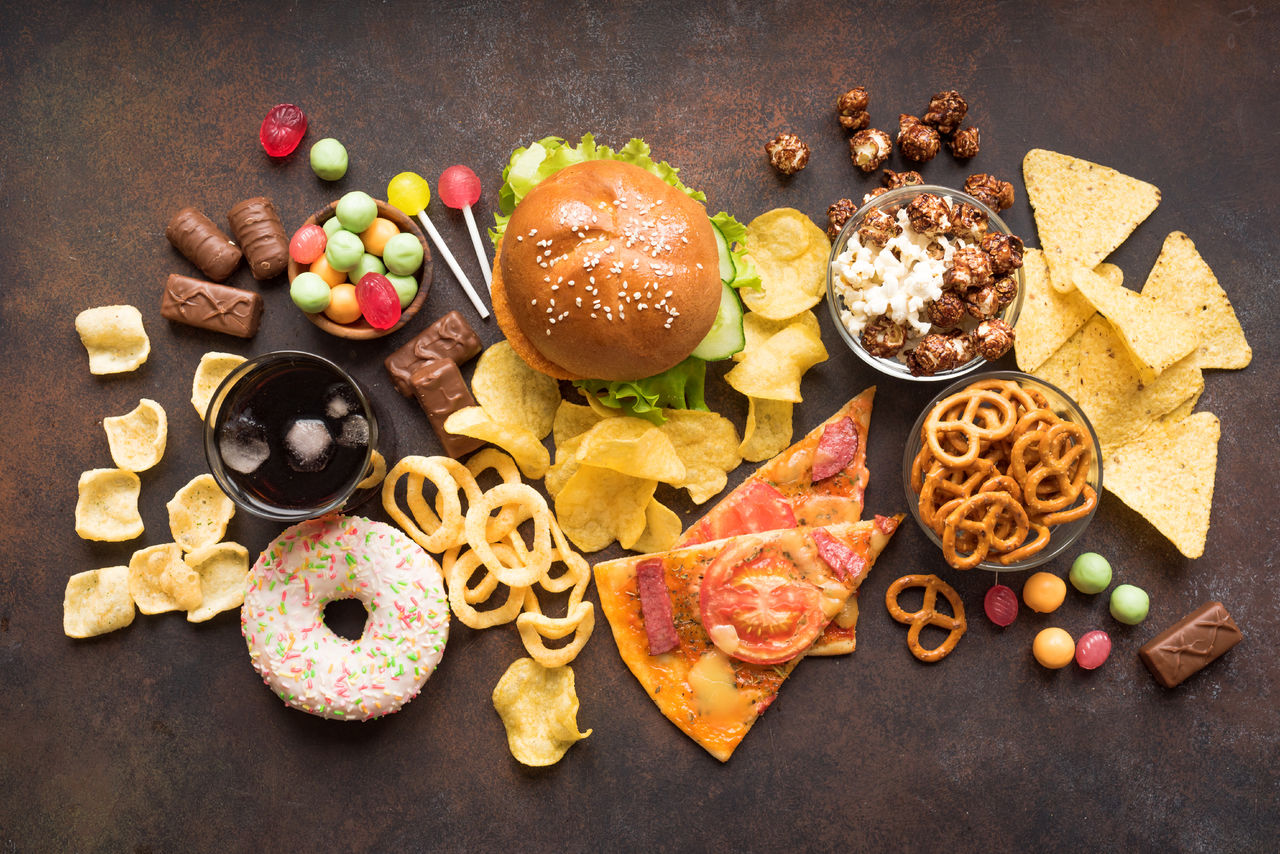-
- Find Care
-
- Visitor Information
- Find a Location
- Shuttles
- Visitor Policies
-
-
- Our Virtual Care Options
- Virtual Urgent Care
- Virtual Visits for Primary & Specialty Care
- Online Second Opinions
- Participate in Research
-
- Contact us
-
- For Innovators
- Commercialization Guide for Innovators
-
-
- Research News
- Alzheimer's Disease
- Artificial Intelligence
-
- Overview
-
- Overview
- Getting Started
- New to Mass General Brigham
- International Patient Services
- What Is Patient Gateway?
- Planning Your Visit
- Find a Doctor (opens link in new tab)
- Appointments
- Patient Resources
- Health & Wellness
- Flu, COVID-19, & RSV
- Billing & Insurance
- Financial Assistance
- Medicare and MassHealth ACOs
- Participate in Research
- Educational Resources
- Visitor Information
- Find a Location
- Shuttles
- Visitor Policies
- Find Care
-
- Overview
- Our Virtual Care Options
- Virtual Urgent Care
- Virtual Visits for Primary & Specialty Care
- Online Second Opinions
-
- Overview
- Participate in Research
-
- Overview
- About Innovation
- About
- Team
- News
- For Industry
- Venture Capital and Investments
- World Medical Innovation Forum (opens link in new tab)
- Featured Licensing Opportunities
- For Innovators
- Commercialization Guide for Innovators
- Contact us
-
- Overview
- Information for Researchers
- Compliance Office
- Research Cores
- Clinical Trials
- Advisory Services
- Featured Research
- Two Centuries of Breakthroughs
- Advances in Motion (opens link in new tab)
- Brigham on a Mission (opens link in new tab)
- Gene and Cell Therapy Institute
- Research News
- Alzheimer's Disease
- Artificial Intelligence
-
- Overview
-
- Overview
- Residency & fellowship programs
- Brigham and Women's Hospital
- Massachusetts General Hospital
- Mass Eye and Ear
- Newton-Wellesley Hospital
- Salem Hospital
- Integrated Mass General Brigham Programs
- Centers of Expertise
- Global & Community Health
- Health Policy & Management
- Healthcare Quality & Patient Safey
- Medical Education
- For trainees
- Prospective trainees
- Incoming trainees
- Current trainees
- Continuing Professional Development
Managing PCOS With Diet: What to Eat and What to Avoid

Polycystic ovary syndrome (PCOS) is a hormone disorder that can affect your reproductive system and appearance. People with this condition also are at increased risk of obesity, heart disease, and diabetes.
But a healthy diet, exercise, and restorative sleep can help reduce symptoms and manage the side effects of PCOS, says Shruthi Mahalingaiah, MD, MS, a Mass General Brigham reproductive endocrinologist/gynecologist and director of the Ovulation Health Clinic at the Fertility Center at Mass General Hospital.
“Health optimization in people with PCOS is sensitive to a lot of things — especially the things we eat and drink, our sleep-wake cycle, and physical activity,” she says. “Start with a balanced diet of whole, fresh foods as much as possible and limit ultra-processed foods. And put that diet into context of your circadian rhythms (your sleep-wake cycle). This means eating when you’re having the most activity, because that’s when your body needs the energy and can burn off excess blood sugar.”
This approach will help you control your blood glucose, which affects insulin and androgen levels. Ultimately, that can mean fewer PCOS symptoms and long-term health risks.
Health effects of PCOS
Your body breaks down the food you eat into glucose (sugar). Most of that sugar gets released into your bloodstream (blood sugar). Blood sugar instructs your pancreas to release insulin, which helps your cells use blood sugar for energy.
Most people with PCOS have insulin resistance, which means the body doesn’t use insulin well. Over time, insulin resistance can lead to elevated blood sugar levels, weight gain, chronic inflammation, and diabetes. Insulin resistance can also lead to excess androgens (male sex hormones).
Insulin resistance and excess androgens can cause symptoms such as:
- Appearance: Excess hair growth or hair loss, acne, and weight gain
- Overall sense of well-being: Fatigue, low energy, anxiety, mood disorders like depression, and poor quality of life
- Reproductive health: Irregular menstrual periods, and infertility
Your doctor may prescribe contraceptive (birth control) medications, fertility-enhancing medications, or diabetes medications to help manage PCOS symptoms. But Dr. Mahalingaiah emphasizes that you can also reduce the effects of PCOS with dietary choices.
Nutrition for PCOS management aims to control blood glucose, which can improve your body’s use of insulin and decrease androgen levels.
PCOS diet plan
Nutrition for PCOS is similar to nutrition for people with diabetes. The two most important factors are the types of foods you eat and the times of day you eat, Dr. Mahalingaiah says.
First, think about your food choices. Many people fall into a pattern where they eat starchy carbohydrates or sugars for a quick energy boost (or because they taste good). The sugar in those foods enters your bloodstream very quickly. Then your pancreas produces insulin to help your body process the glucose. People with PCOS who have insulin resistance are not able to process blood glucose effectively. As a result, the pancreas makes more and more insulin.
It’s important to manage this process so you don’t develop obesity and diabetes. Try to pair carbs and sugars with protein and fiber. This can slow the release of glucose into your bloodstream, which lessens the amount of insulin your body releases. A balanced diet can also help level out energy levels, reduce the symptoms of PCOS, and improve long-term health.
You should also think about when you need energy during the day, Dr. Mahalingaiah says. For example, many people tend to eat their heaviest meal at night, right before they go to sleep. Your blood glucose will rise, but it won’t get used to fuel activity.
The best diet for PCOS includes small healthy meals throughout the day. Dr. Mahalingaiah recommends eating your largest meals just before your more active times of day. For many people, this is right before you walk out the door to work or school. “It helps to plan your meals at times when they can actually fuel your activity,” she explains.
Finally, Dr. Mahalingaiah cautions against fad diets, intermittent fasting, and binge eating. She also usually doesn’t recommend weight-loss drugs or bariatric surgery as a first-line treatment. They may not help establish good habits and can ultimately lead to rebound weight gain.
Good foods for PCOS management
Dr. Mahalingaiah recommends whole, natural foods that fuel your body over longer periods of time and avoid spikes of glucose and energy.
Incorporate foods that contain more protein and fiber, which slow the release of glucose into the bloodstream:


